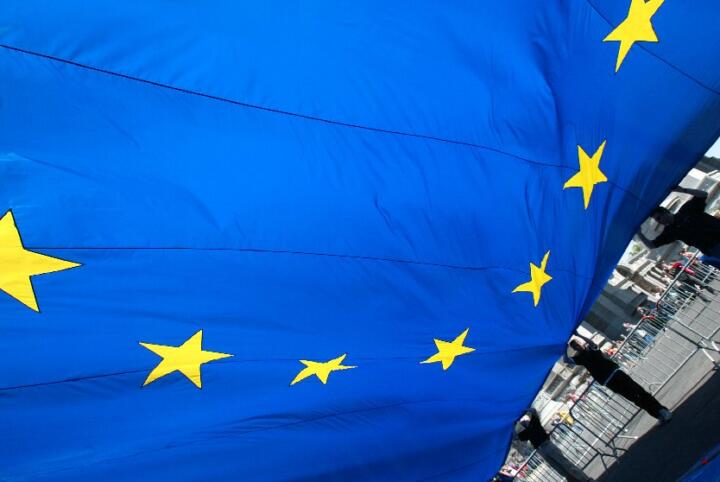The European Union (EU) has announced an additional contribution of €250,000 to provide urgent humanitarian assistance to internally displaced persons (IDPs) in Benue and Plateau states. The new funding aims to address the worsening humanitarian conditions faced by thousands of people who have been forced from their homes due to recurring violence and insecurity in the region.
In a statement issued yesterday, the EU said the funds will be directed towards delivering essential relief materials, including food, shelter, clean water, and medical care. It explained that the support will be channelled through its humanitarian aid partners already operating in the affected communities, ensuring that the assistance reaches the most vulnerable households as quickly as possible.

The EU noted that the additional €250,000 comes on top of previous interventions in Nigeria’s Middle Belt, reflecting its continued commitment to alleviating the suffering of those impacted by the crisis. The statement highlighted that years of violent clashes between farming and herding communities have left many people without homes, livelihoods, or access to basic services.
According to the EU, the new funding is part of its broader humanitarian response in Nigeria, which focuses on conflict-affected states and communities grappling with both displacement and food insecurity. It said the targeted support in Benue and Plateau will also address urgent health needs, particularly in displacement camps where overcrowding and poor sanitation heighten the risk of disease outbreaks.
The EU delegation to Nigeria and ECOWAS stressed that protecting civilians and ensuring their access to basic needs remains a top priority. It urged all stakeholders to work towards lasting peace in the affected areas, noting that sustainable development cannot be achieved without security and stability.
Local humanitarian agencies have welcomed the announcement, describing the funding as a timely intervention that will help bridge critical resource gaps. Many IDPs have been living in temporary shelters for extended periods, struggling to meet daily needs due to insufficient aid and limited opportunities for income generation.
The EU emphasised that while humanitarian aid can provide short-term relief, long-term solutions must address the root causes of the violence, including resource disputes, climate change pressures, and weak conflict resolution mechanisms. It called for continued dialogue between communities, stronger law enforcement, and increased investment in sustainable agriculture as part of a comprehensive peacebuilding effort.
The statement also acknowledged the dedication of frontline aid workers who continue to operate in difficult and sometimes dangerous conditions to deliver assistance to those in need. It assured that the EU will continue to support both international and local partners in their efforts to provide life-saving aid and restore dignity to displaced populations.
With this latest commitment, the EU reaffirmed its position as one of Nigeria’s longstanding humanitarian partners, providing not only financial resources but also technical expertise to improve the coordination and effectiveness of emergency responses. It maintained that protecting human lives and upholding the rights of the most vulnerable remain central to its global humanitarian mission.
The EU further reiterated that its humanitarian assistance is guided by the principles of neutrality, impartiality, and independence, ensuring that support is provided solely on the basis of need. It also pledged to closely monitor the impact of the intervention in Benue and Plateau to ensure accountability and effective use of resources, while exploring additional ways to strengthen resilience in affected communities.
In the long run, the EU expressed hope that the Nigerian government, local leaders, and international partners will work hand in hand to create a secure and enabling environment for displaced persons to return home safely. It stressed that the ultimate goal is to transition from emergency aid to sustainable recovery, where communities can rebuild their lives free from fear, poverty, and displacement.
Support InfoStride News' Credible Journalism: Only credible journalism can guarantee a fair, accountable and transparent society, including democracy and government. It involves a lot of efforts and money. We need your support. Click here to Donate
